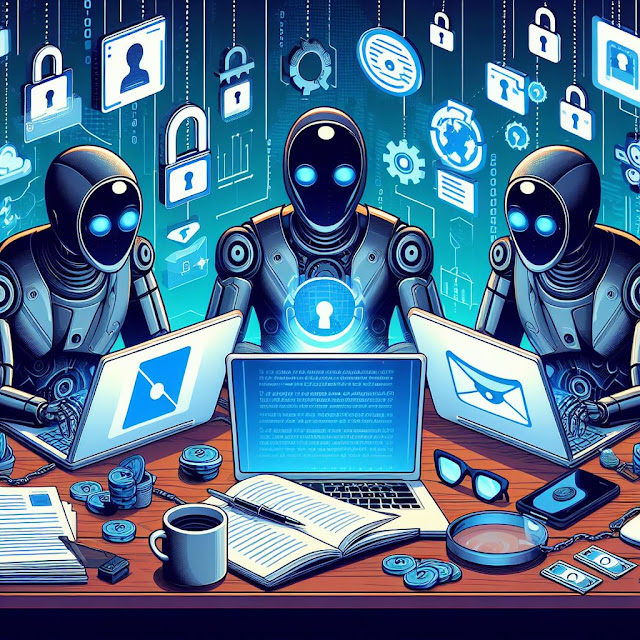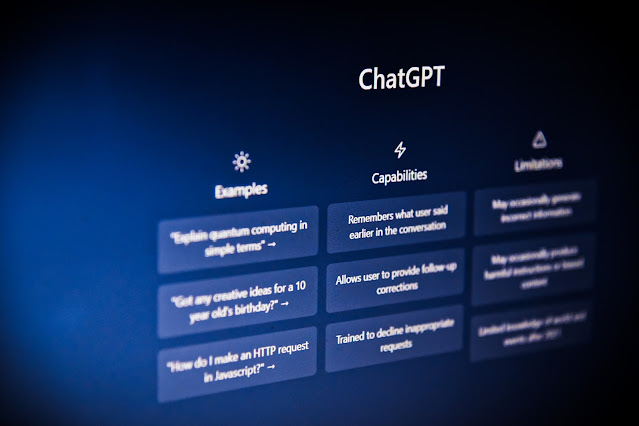Privacy Concerns in ChatGPT Chatbots

Image AI Generated OpenAI has introduced the concept of creating personalized chatbots, or custom GPTs, making chatbot development accessible without extensive programming knowledge. Despite the convenience, a significant security concern has emerged. Researchers from Northwestern University discovered that these customized GPTs can be induced to disclose private information, including configuration instructions and customization files. This vulnerability poses risks to personal and business data in the digital age. The ease with which researchers accessed this data, achieving a 100% success rate in extracting files and 97% in obtaining system instructions, highlights a lack of sufficient security priority in the development of these GPTs. Creating a custom GPT is a straightforward process, but the risk involves the potential exposure of sensitive information without consent. While democratizing AI access, the challenge lies in balancing innovation with privacy protection. Techniq...

